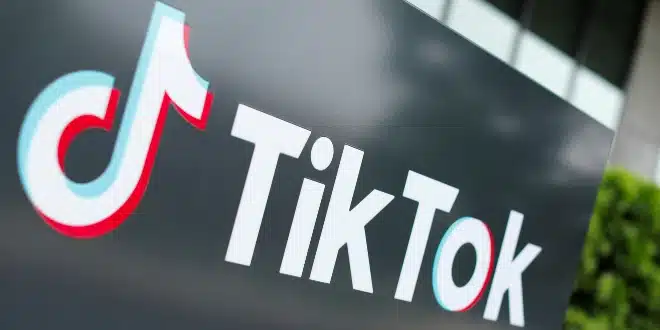A US appeals court has denied TikTok’s emergency request to temporarily block a law that mandates its Chinese parent company, ByteDance, to sell the app by January 19 or face a ban.
On Monday, TikTok and ByteDance filed the emergency motion with the US Court of Appeals for the District of Columbia, seeking more time to present their case to the US Supreme Court. However, the court’s ruling means TikTok now needs to take the issue to the Supreme Court as quickly as possible in an attempt to prevent the upcoming ban.
The companies warned that without legal intervention, the law would result in the shutdown of TikTok, which has over 170 million monthly users in the US, making it one of the most widely used platforms for online expression.
The DC Circuit court stated that the petitioners failed to provide any example where a court had blocked a law after rejecting a constitutional challenge, while a case was being reviewed by the Supreme Court.
The law, passed recently, requires ByteDance to divest TikTok by January 19 or face a ban. It also grants the US government significant authority to block foreign-owned apps that may raise concerns regarding the collection of American users’ data.
The US Department of Justice asserts that TikTok’s continued connection to China presents a national security risk. In response, TikTok counters that its operations are not controlled by China, pointing out that its user data is stored in the US on Oracle’s cloud servers, and content moderation for US users is handled domestically.
 The Daily Star Ireland
The Daily Star Ireland

